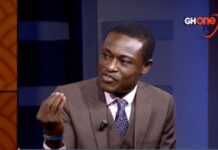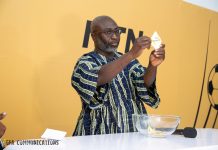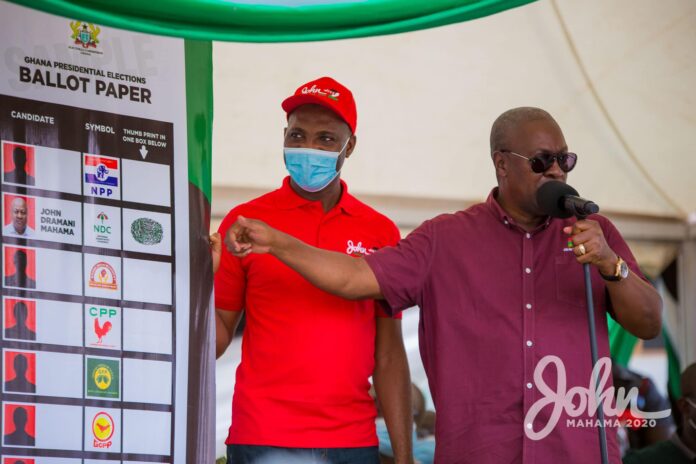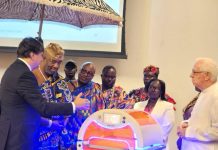In a Facebook post Sunday, March 13, 2022 Former President John Mahama wrote that the judgment is regrettable and he looked forward to the applicant going for a judicial review.
”What is the determination of the SC? That Deputy speakers can shout aye or nay with the side they agree or disagree with in the voice vote? The SC is leading us into the realm of absurdity! This judgment is regrettable, and I look forward to the applicant applying for a review of this ruling”.
Mr. Mahama is of the view that if the Deputy Speakers are allowed to vote while presiding, then they should take part in a voice vote as well.
”The first vote in most cases taken on a motion in Parliament is a voice vote. The Presiding officer, whether the Speaker or any of his/her deputy speakers is supposed to listen to which is the loudest, the ayes or the nays and make a determination.
If the Deputy Speakers are allowed to vote, then they must take part, first, in the voice vote. If you are presiding and can shout aye or nay with your party in the voice vote, how do you impartially determine which was the loudest?”, the Former President questioned.
Meanwhile, the Supreme Court has come out with its reasons for giving a judgment to the effect that a Deputy Speaker presiding over proceedings in Parliament has the right to vote on matters for determination, and be counted as part of the quorum for decision making in the House.
In a unanimous decision of the Seven-Member Panel, authored by Justice Yonny Kulendi, the Court held on Wednesday, March 9, 2022, that the 1992 Constitution does not place any restriction on a Deputy Speaker from being part of the quorum for decision making, and to vote on matters for determination.
The judgment was given in a case brought by Law Professor, Justice Abdulai, who was contesting the First Deputy Speaker of Parliament, Joseph Osei-Owusu’s decision to count himself for a vote on the 2022 Budget.
Mr. Osei-Wusu has since welcomed the judgment, while Speaker Bagbin urged the applicant to pursue a review of the case.













































